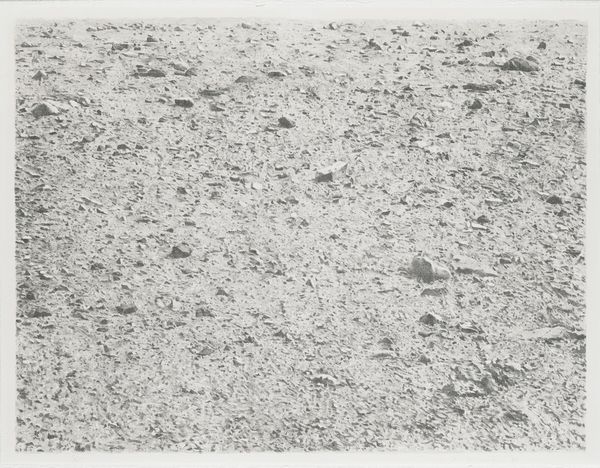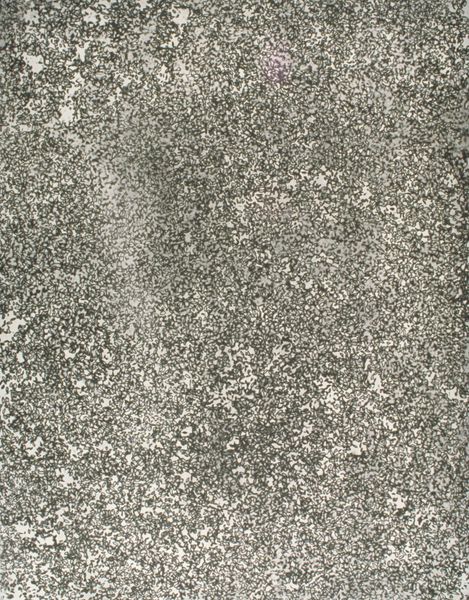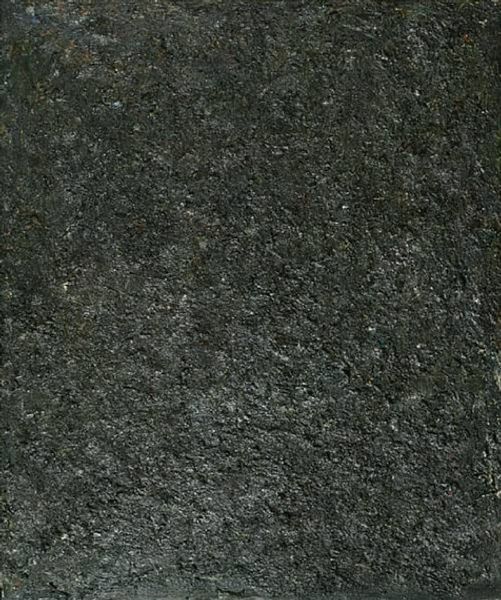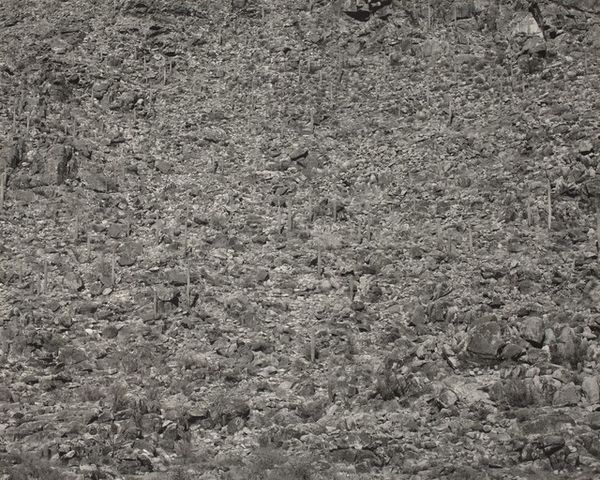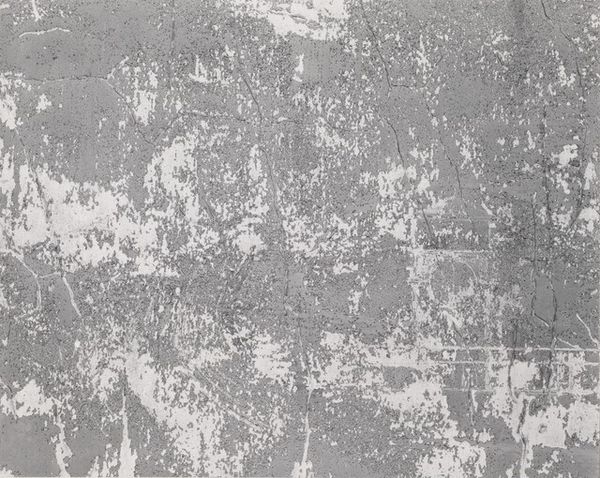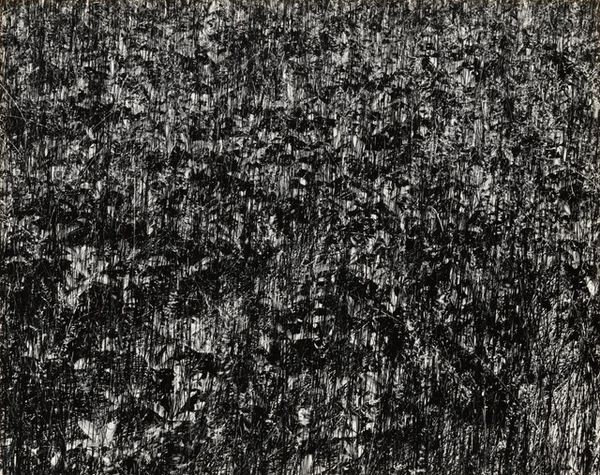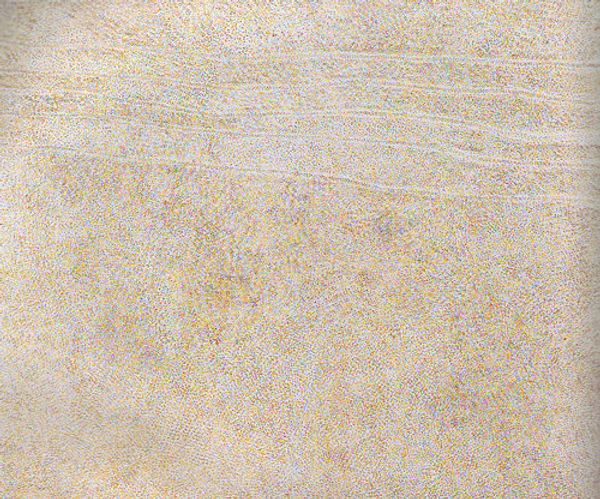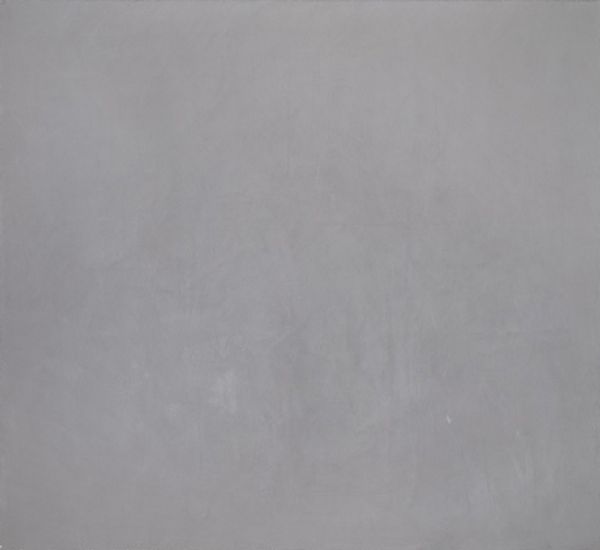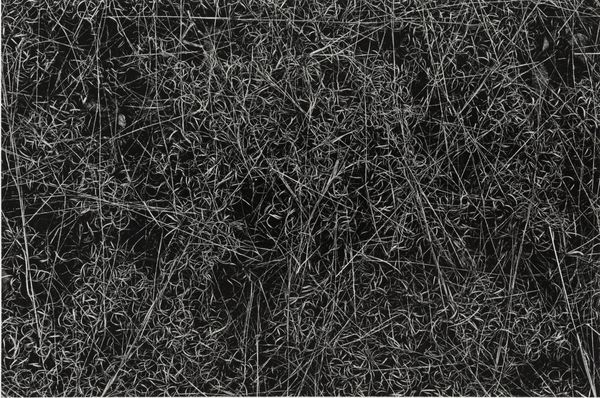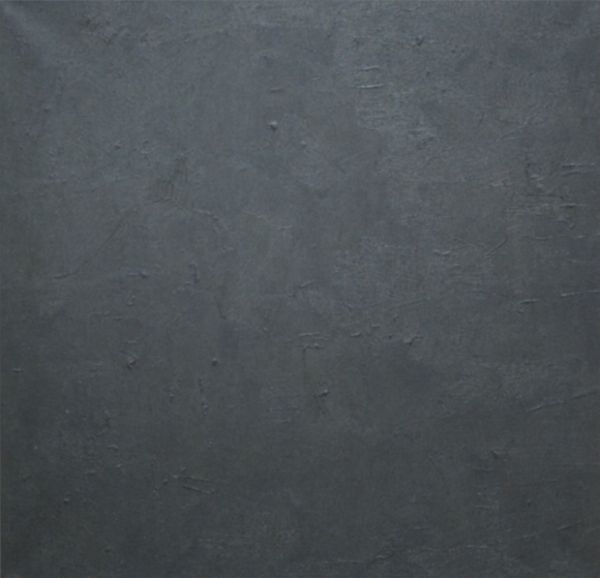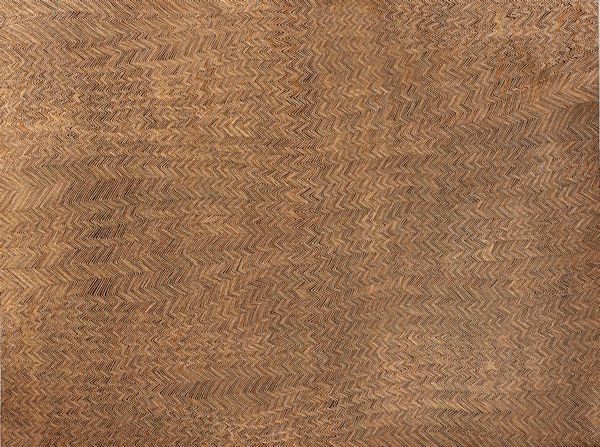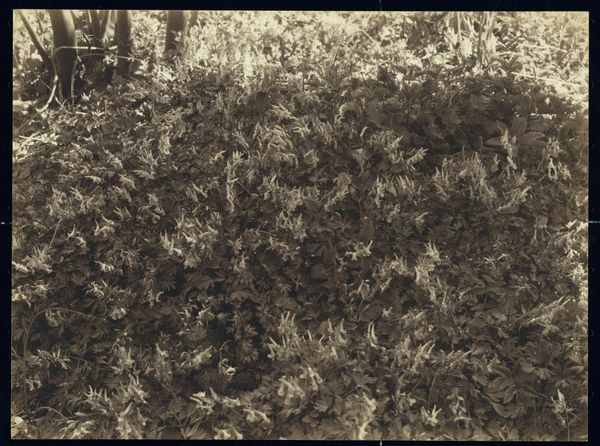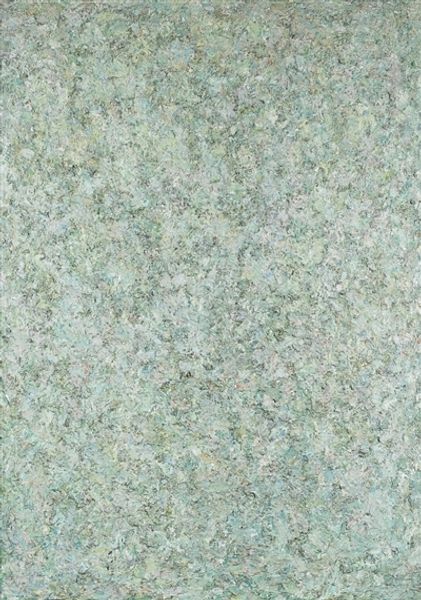
photography
#
abstract-expressionism
#
natural stone pattern
#
rippled sketch texture
#
still-life-photography
#
organic
#
textured surface
#
textured
#
detailed texture
#
landscape
#
photography
#
grainy texture
#
chalky texture
#
texture
#
natural texture
#
organic texture
Dimensions: sheet (trimmed to image): 19.1 x 23.9 cm (7 1/2 x 9 7/16 in.) mat: 40.64 x 50.8 cm (16 x 20 in.)
Copyright: National Gallery of Art: CC0 1.0
Editor: So, this is Harry Callahan's "Grasses," circa 1950, a black and white photograph. I’m struck by the sheer density of it, how the individual blades kind of lose themselves in the overall texture. What do you see in this piece? Curator: Callahan’s work, particularly this photograph, prompts us to consider our relationship with the environment and how it is politicized. Think about the era it was created – post-World War II America. What societal narratives do you think were emerging at the time regarding nature and humanity’s role within it? Editor: Hmm, well, post-war there was definitely a growing sense of industrialization and suburban expansion…so maybe this is Callahan reminding us of the beauty and fragility that's being paved over? Curator: Precisely. And consider that this photograph almost abstracts the natural world, blurring the lines between the individual and the collective. Is Callahan suggesting that our relentless drive to categorize and control nature ultimately leads to its erasure, much like individual blades of grass lose their form in the overall field? What implications could this idea have? Editor: I guess it makes me think about ecological movements now, fighting against these large, homogenous forces that threaten biodiversity. This one image carries a lot of historical weight about our evolving relationship with the land. Curator: Exactly. And the black and white medium itself can be seen as a form of stripping away, revealing essential textures and patterns, devoid of distractions. So, in the end, it's also about simplifying nature, almost as a means to access the power and beauty underneath. Editor: It's funny how something that seems so simple at first glance is loaded with all these deeper questions about the environment, progress, and our place in the world. Curator: Right? Art holds the power to open conversations, reveal unspoken cultural beliefs, and encourage actions, if only we allow the dialogues.
Comments
No comments
Be the first to comment and join the conversation on the ultimate creative platform.
